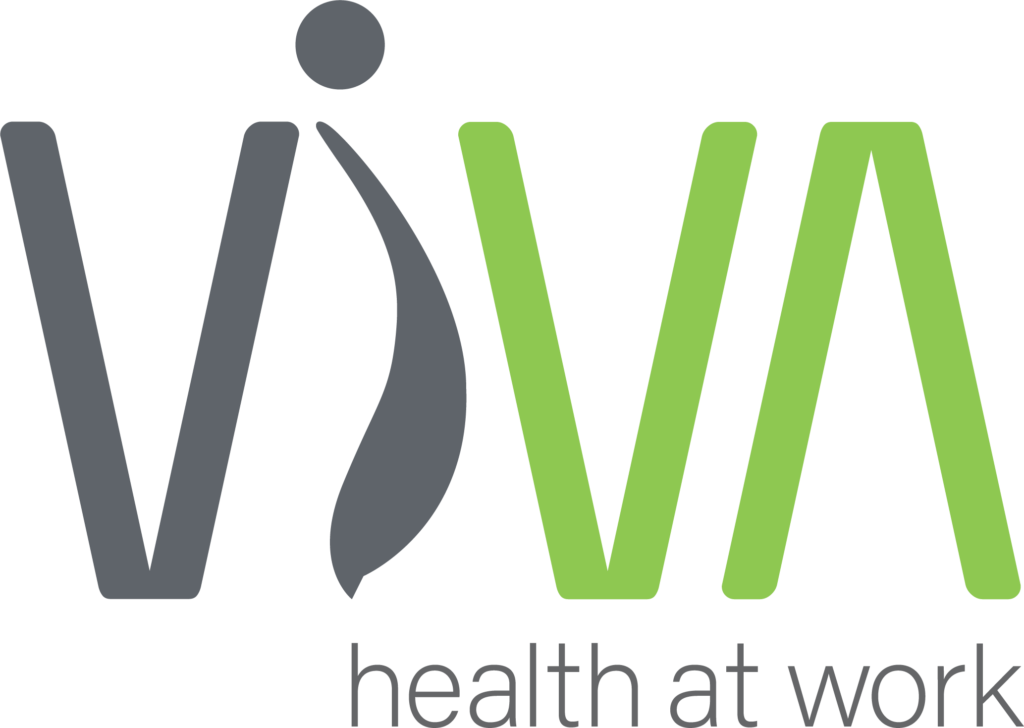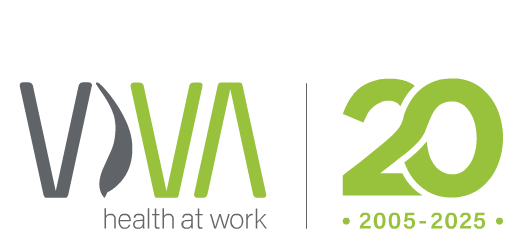UNDERGRADUATE CURRICULUM DESIGN
ViVA applied a student-centred approach, using cognitive work analysis in focus groups to re-design undergraduate curriculum and assessment.
PROJECT LEAD
PROJECT TEAM
Solo
PARTNERED WITH
Colleague and students at the university
Context
Undergraduate education is competitive. Educators must provide quality education at increasing low delivery costs. The demands for online study options are increasing, yet the education must suit the capabilities of emerging professionals, especially in a hands-on, client-centred domain like occupational therapy.
Challenge
To review and refresh an undergraduate occupational therapy study course to achieve student-centred learning outcomes.
Approach
ViVA facilitated experiential learning workshops with the course director informed by recent course graduate students. Cognitive task analysis led to the review team’s discoveries of energising and desirable aspects of the course, and aspects that were anxiety-producing for students. Mixed methods, including review of student performance and university course requirements, provided a robust framework on the constraints on course redesign.
Outcomes
Nine cognitive task performance components were identified through thematic analysis. These performance components, including decision-making, situation awareness, and interpersonal skills, framed the identification of 91 task elements. This dissection led to changes to course delivery with the addition of intermittent formative learning quizzes to support student knowledge acquisition, and the alignment of targeted assessments with graduate outcomes.
Refer to thte Ergonomics Insights book: https://www.taylorfrancis.com/books/edit/10.1201/9781003349976/ergonomic-insights-nektarios-karanikas-sara-pazell

